Name of the Product: IYOKO (shop here)
Type of Tea: Premium Grade Sencha
Producer: Kakuda Seicha
Location: Okuyame, Fukuoka Prefecture, Kyushu, Japan
Read About Kakuda San below.
Since 1970, Kakuda Seicha has been crafting teas that embody the natural beauty of Okuyame, guided by third-generation Tea Master Kakuda Tatsuya. Their success stems from the natural blessings of the region and a meticulous, data-driven approach to tea cultivation. One of their standout teas, Isami, is a competition-grade sencha with an exceptionally high theanine concentration of 2%.
Enjoy this tea like Kakuda san!
Kakuda san’s recommended steeping parameters:
75°C (167°F) water
7g (~ 2 teaspoons) tea
200ml (~6.76 fl oz) vessel
30 second steeps
As I cut the top off the sealed bag and opened it, an aromatic vegetal fragrance wafted out. It had a sweet, slightly toasted characteristic, like sautéed zucchini and spinach. I lifted the bag to my nose and took a few short breaths in and out. The sweet aroma filled the air, and there was a very subtle fruity note of fresh strawberries, accompanied by a delicate hint of blooming white flowers.
The sweetness and rich vegetal characteristics of the aroma balanced as I took more breaths through my nose. I placed a small kyusu, two cups, a small bowl, and a tea towel on the table in front of me and started to warm the water in my kettle. I poured a small amount of water into the kyusu and the two cups to warm them. Once the water had sat for a few minutes, I poured it out. I then weighed the tea in the small bowl and slowly poured the dry tea leaves into the warmed kyusu. I closed the lid, held the warm kyusu in my hands, and lifted it to my nose.

Lifting the lid, I took a few breaths in and out, and the aroma of the dry tea leaves in the warmed kyusu became even more aromatic, with notes of steamed dark leafy greens and delicate white flowers. I set the kyusu on the table and poured the warm water into it in a gentle, steady stream along the inside wall of the kyusu. As the water reached the top, a string of bubbles formed around the rim before I closed the lid. I steeped the tea for 30 seconds and decanted it evenly between the two cups. As I poured the majority of the tea out of the kyusu, I tilted the spout more to get every drop. The light, pale green-hued liquor filled the two cups.
I lifted the lid of the kyusu to smell the wet leaves, which had a fragrance of fresh spring vegetables and bean sprouts.
1st Steep
After closing the lid, I lifted one of the cups to my nose and took a few short breaths in and out. A sweet, vegetal aroma wafted from the cup. I took a sip of the tea, and it had a light body with a delicate bitterness and astringency. There was a subtle sweetness in the finish, balanced by vegetal and floral characteristics.
As I continued drinking, notes of steamed edamame, fresh peas, and white spring flowers emerged. The subtle sweetness and umami characteristics in the finish balanced nicely and caused my mouth to salivate slightly after I swallowed.
IYOKO liquor 1st Steep
I steeped the tea for another 30 seconds with the same temperature water, and as I poured it from the kyusu, it had a medium green hue with the same sweet vegetal and floral aroma as the first steep.
The wet leaves had noticeable vegetal and floral characteristics. The second steep had a more pronounced umami characteristic with a more controlled finish and sweetness. There were notes of snap peas, fresh asparagus, and steamed broccoli. The body of the tea was slightly heavier than the previous steep, and the vegetal characteristic was more prominent in the finish. The empty cup smelled like fresh vegetables, which accentuated the sweetness of the tea.

IYOKO liquor 2nd Steep
3rd and 4th Steep
For the third and fourth steeps, I steeped the tea for 30 seconds each with the same water temperature. The third steep was slightly more fruity, like fresh persimmon, when I breathed in while taking a sip.
The liquor was a slightly lighter hue of green, with hints of medium green. The umami characteristic continued to develop, and my mouth salivated more after I swallowed the third steep. The sweetness in the finish remained consistent, balancing nicely with the umami. The vegetal characteristics became more complex, with notes of spinach, microgreens, and watercress.
The fourth steep was more delicate, with a light green-hued liquor and similar vegetal notes of water chestnut and bean sprouts. The sweetness was still present in the finish, and the bitterness and astringency balanced with the sweetness as the tea moved through my mouth.
Following Kakuda san’s recommended steeping parameters brings out the tea’s complex layers of vegetal, toasted, and floral characteristics. This tea is made with the Yabukita and Tsuyu Hikari cultivars.
Third & Fourth Steep !
Make this tea for any occasion!
Ice brew (kōridashi) preparation: This tea can also be prepared using a method called kōridashi. Place an ice cube over 3–4 grams (about 1 teaspoon) of dry tea leaves in a cup and let it melt for approximately 30 minutes. To initiate the melting process, you can pour a small amount (around 10 ml or 0.33 fl. oz) of warm water over the ice cube.
Read about food pairing recommendations below.
This tea can be enjoyed on its own or paired with light savory dishes such as steamed or grilled white fish, sushi, or seasonal vegetables like asparagus and broccoli, whether steamed or sautéed. Rice dishes prepared with steamed or lightly seasoned rice highlight its vibrant vegetal flavor profile. For a sweeter pairing, simple desserts like sponge cake or fresh fruit beautifully complement the tea’s delicate characteristics.








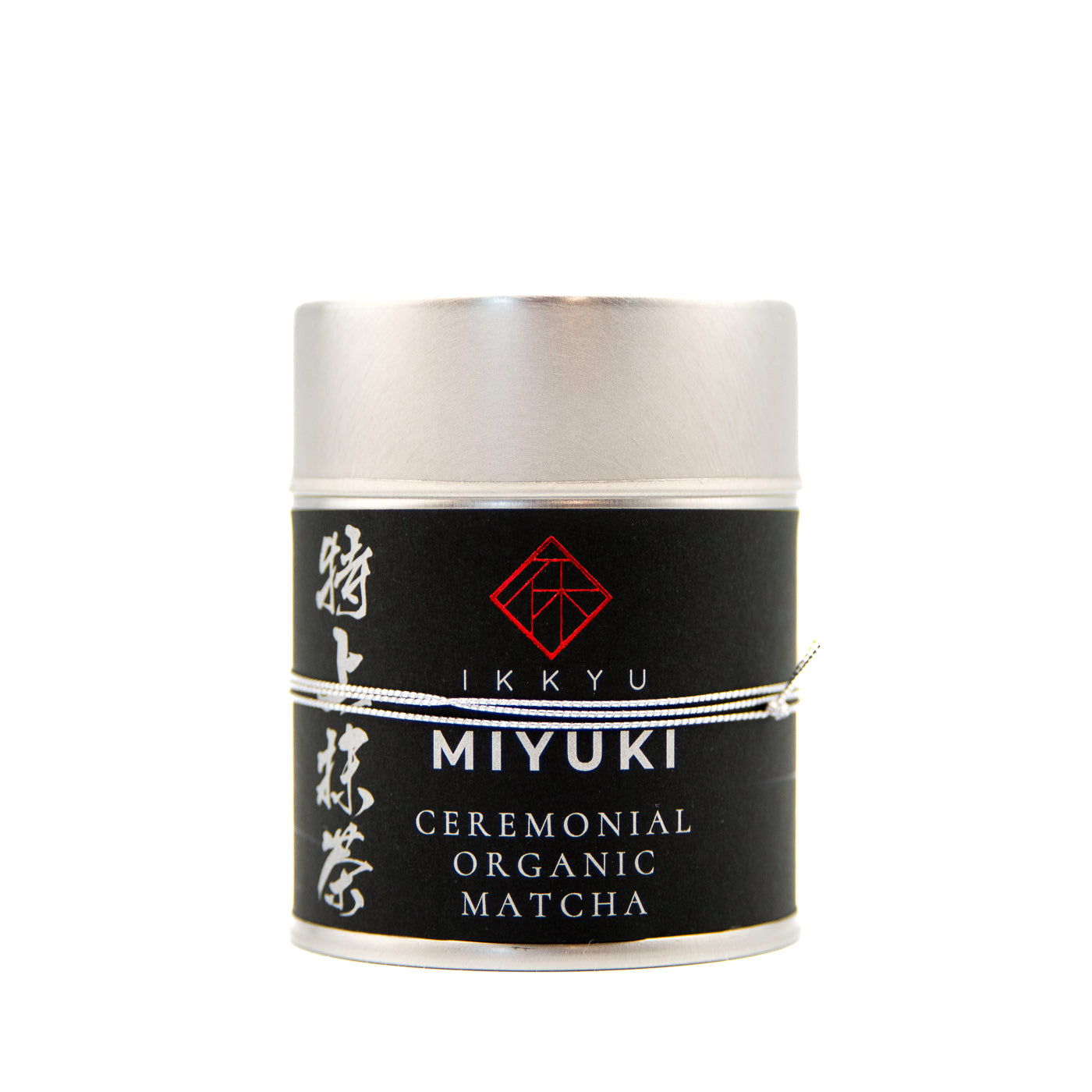


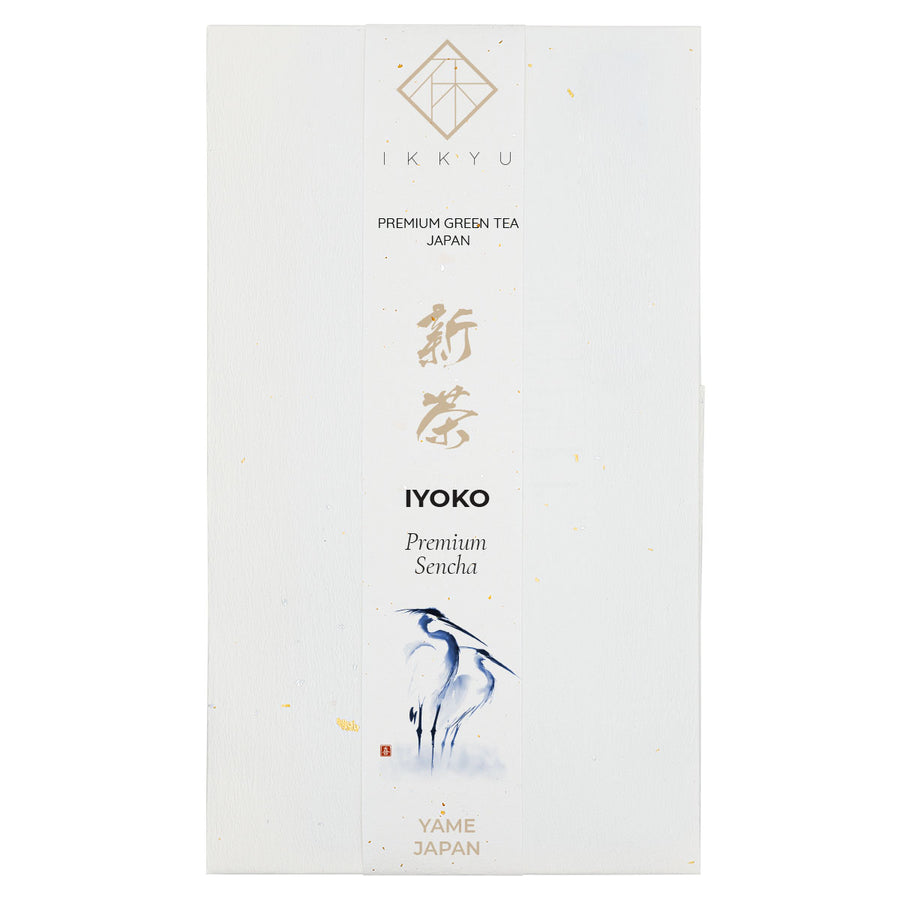
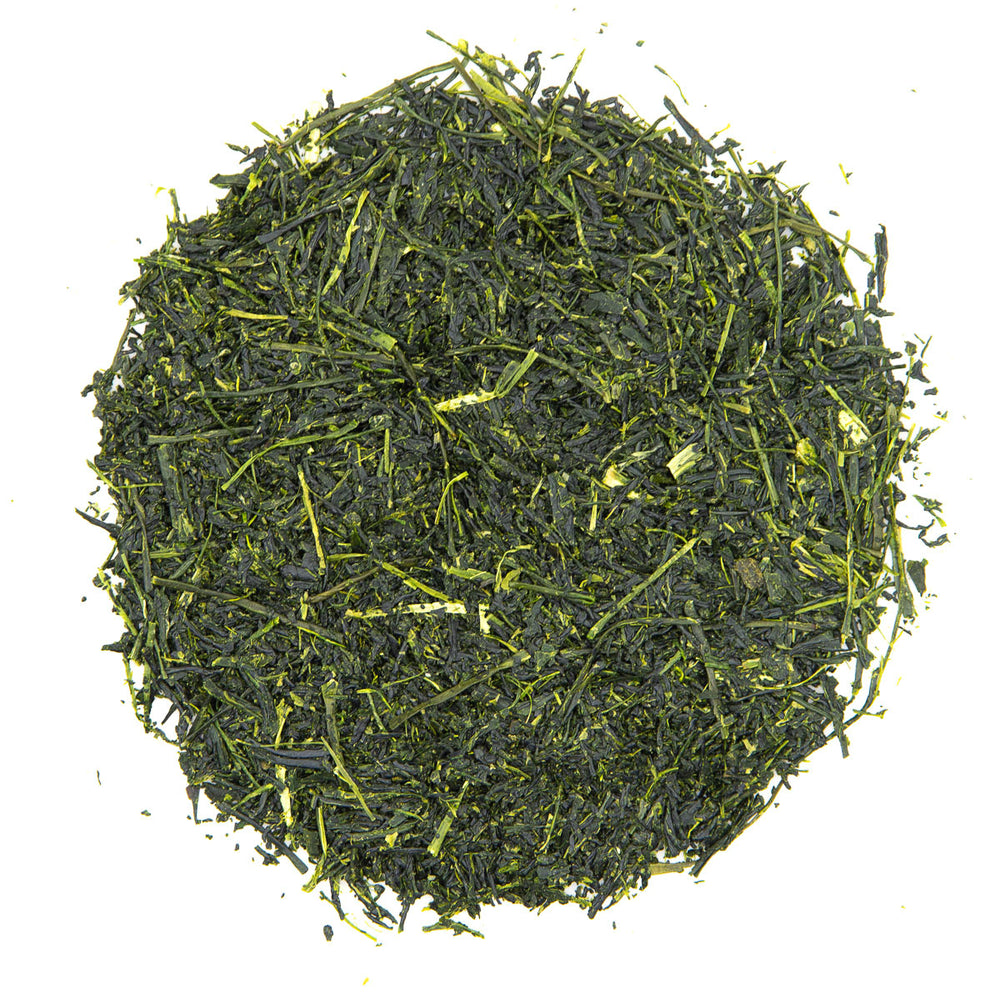
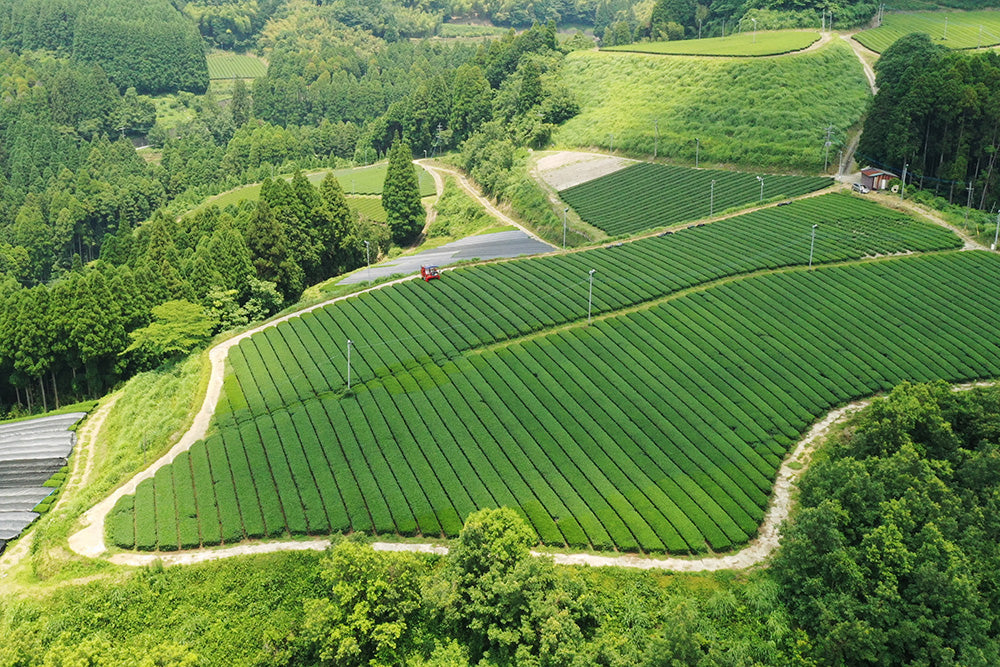

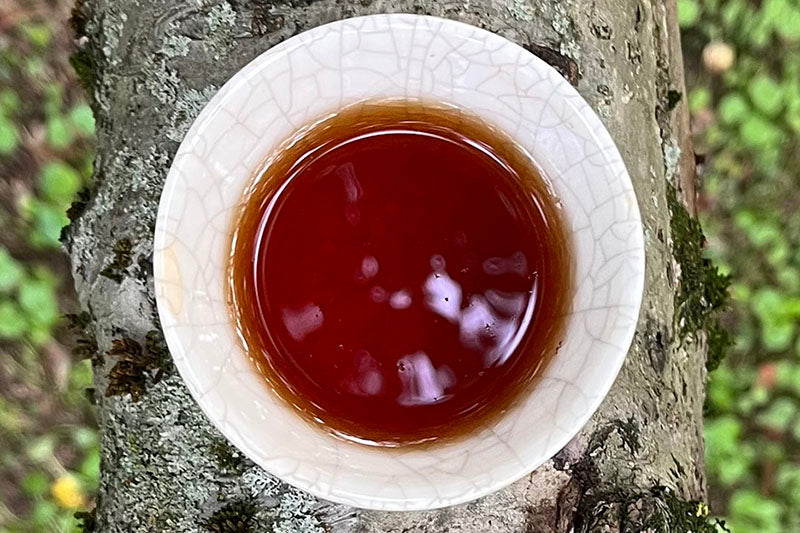
Leave a comment